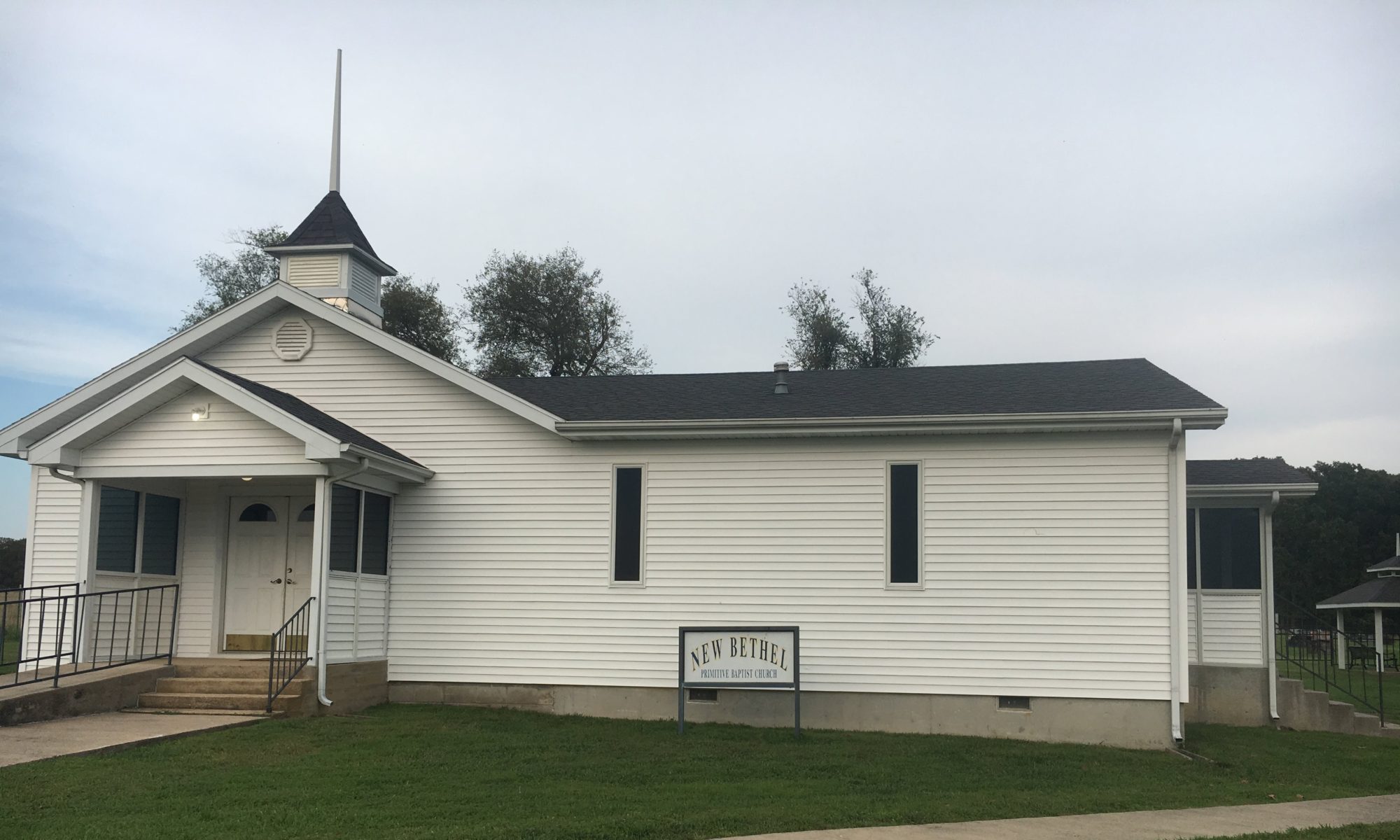Luke 21:36
“Watch ye therefore, and pray always, that ye may be accounted worthy to escape all these things that shall come to pass, and to stand before the Son of man.”
“All these things” are detailed in the previous verses and will be necessary to understand this verse. Before we begin in Luke, let us see some companion scriptures in First and Second Thessalonians. In I Thes. 1:10 we are told of those saints who shall be delivered from the wrath to come. In II Thes. 1:5 &11 they are counted worthy of the kingdom and this calling because of faithfulness now in the face of trials and persecutions. Two time periods are in view. First is the wrath of God that is coming upon all the world (Rev. 3:10) This lasts for seven years and ends with the Lord coming in power and great glory. (Lk. 21:27, II Thes. 1:8-9, Mt. 24:30) Then the Kingdom Comes for which we are taught to pray, “Thy Kingdom Come.”
In this life we have tribulation but some will escape “The Great Tribulation,” the time of Jacob’s trouble, the wrath to come. (Dan. 12:1-2, Jer. 30:7, Rom. 5:9, Mt. 24:21) See Zephaniah 1:14-18 for a stark description of this time, also called here “The Day of the Lord.” There is an interesting parallel to our verse above. It is Zeph. 2:3 – “Seek ye the Lord, all ye meek of the earth, which have wrought his judgment; it may be ye shall be hid in the day of the Lord’s anger.” (Job 14:13, Hab. 3:16) After a two chapter description of the church in Revelation 2-3, the Lord Jesus (cp. Rev. 1:10-11) told John to “Come up hither, and I will shew thee things which must be hereafter.” After the churches John is shown what comes next, and it does not include the churches. The tribulation is described, but the church is not mentioned again until Ch. 19:7 at the wedding where His wife has made herself ready.
There are several events leading up to Luke 21:36. First consider “all these things that shall come to pass.” This corresponds to Mt. Matthew 24:3, “When shall these things be?” Luke also answers the other two questions briefly and Matthew goes into these in greater detail. Luke here describes the destruction of Jerusalem in 70 A. D. in verses 20-24, which Matthew does not. At the end of verse 24 is a transition in the phrase “until the times of the Gentiles be fulfilled.” These times of the Gentiles began with Nebuchadnezzar, and will end with the Second Coming (vs. 27), the end of the Tribulation, and the Kingdom of God (vs. 31).
After the times of the Gentiles in verse 24, Luke tells us about the second coming of Christ (vs. 25-27), and the beginning of the Kingdom of God (vs. 31). This judgment of God is called the wrath of God (vs. 23), the distress of nations (vs. 25), the shaking of the powers of the heavens (vs. 26), that day (vs. 34), a snare (vs. 35), and all these things that shall come to pass (vs. 36). To summarize what we have covered thus far from verse 20 we have: the destruction of Jerusalem, the times of the Gentiles, the tribulation, the second coming of Christ, and the Kingdom of God. We are now living in the times of the Gentiles, and clear instructions are given to us about how we are to live. This present time is given to us in verse 34: “And take heed to yourselves, lest at any time your hearts be overcharged with surfeiting, and drunkenness, and cares of this life, and so that day come upon you unawares. For as a snare shall it come on all them that dwell on the face of the whole earth.” There are more saints playing and overcharged with the cares of this life than are watching and praying. There are far more lovers of pleasure than lovers of God. It may be that you will be accounted worthy to escape all these things and instead, be standing before the Son of man while all these things take place upon the earth.
What about verse 32? “This generation shall not pass away, till all be fulfilled.” Some have disregarded the context to say that all these things took place in the life of those standing there. If this is the case, then the tribulation, the second coming of Christ at the resurrection, and the Kingdom of God are all past. This, of course, is not possible. He was speaking of the generation that shall be present when all these things begin will be there when they come to pass. He was conveying the nearness of events once they begin.
